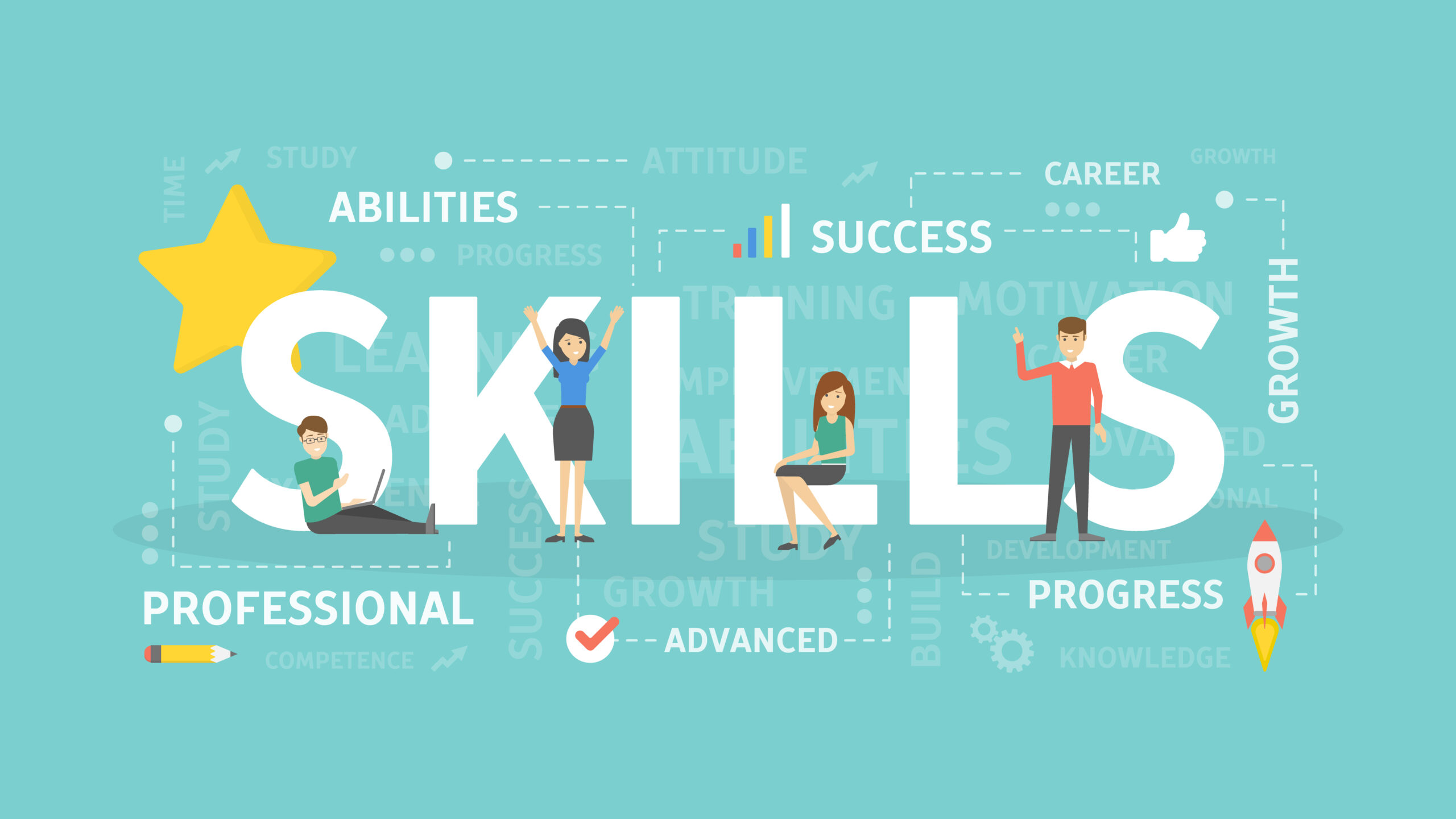As a working Human resource professional, I realized that Soft skills have become a must-have quality in today’s corporate world and to-die-for skills for business leaders, human resource personnel, and individuals looking for professional development or employment.
Soft skills are termed as behavioral skills, and they represent all the skills that human beings possess and apply in a professional setting. Soft skills are also known as power skills, common skills, or core skills, are attributes that are applicable to all professions. These skills are often related to your ability to interact effectively with others.
Soft Skill Definition: What are they?
These are non-technical skills that influence how you work, interact with colleagues, manage your work, and approach problem solving. Some top-tier soft skills include listening skills, communication skills and interpersonal skills, among others.
When we hire a candidate, for example, a HR manager or Recruitment officer prefers candidates with soft skills. Employers recognize the importance of soft skills in the workplace, as they believe that having these skills can make an individual more successful and valuable. Simply being proficient in technical skills is not enough if one cannot effectively work in a team or manage time well.
Why are soft skills important?
While hard skills are important to employers, in a world where learning these quantifiable skills can be as simple as watching a quick video, soft skills have come into focus. While everyone applying to a job may know how to code or how to write, soft skills are what can help set you apart.
Soft skills make it easier to form relationships, create trust and dependability, and lead teams. Showing employers that you have mastered the right soft skills shows that you can handle whatever they throw at you, even if it’s a hard skill you don’t yet know.
List of essential soft skills you must have:
- Communication
The ability to convey or share ideas and feelings effectively and it’s among the top soft skills employers require across all fields. Alongside this is the necessary development of active listening – a technique where you focus on what the other person is saying rather than just waiting for your turn to speak.
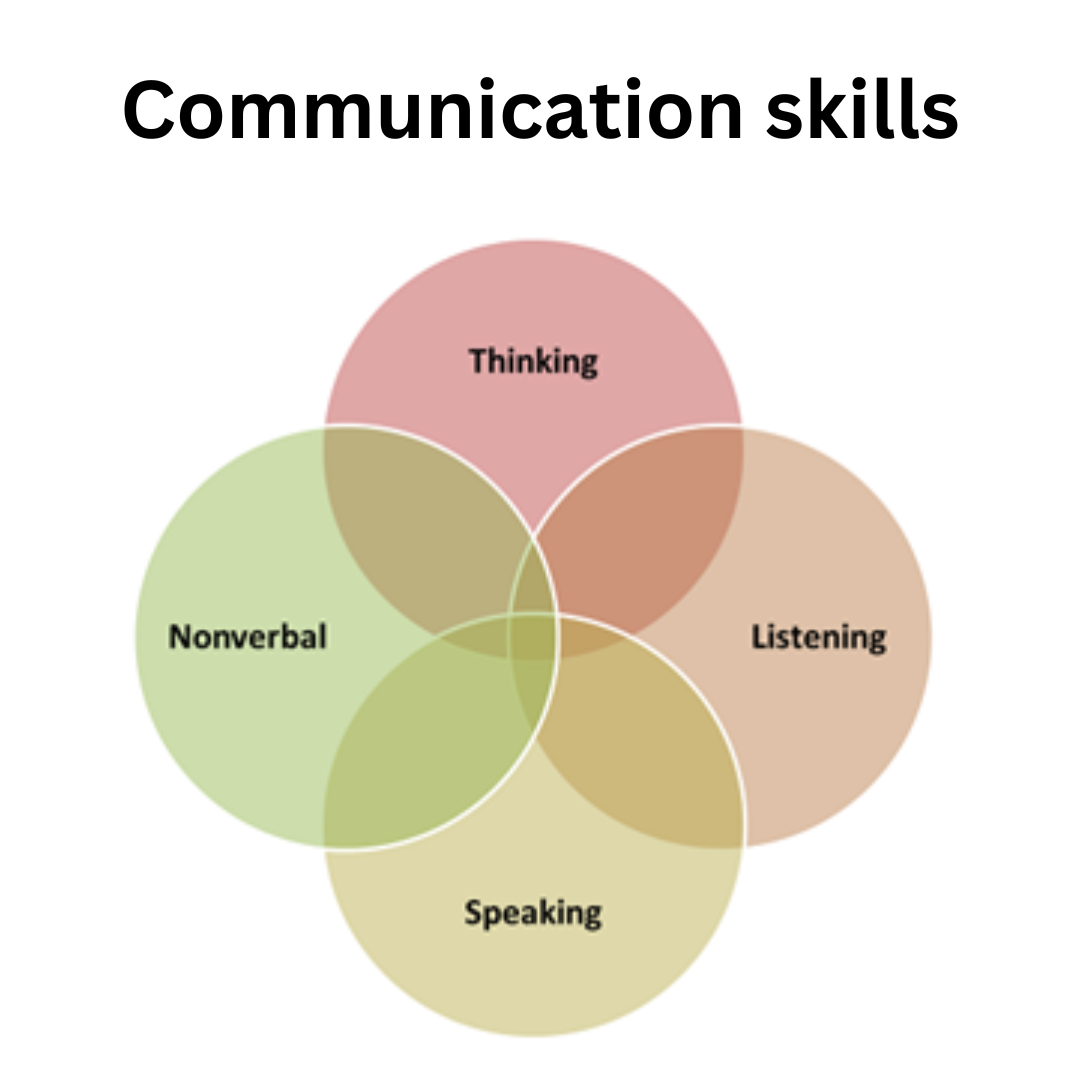
- Teamwork
Teamwork will never cease to be a must-have soft skill. Employers want to see their employees excellent at teamwork to create a better operating work environment. The quality of work improves when people use their individual strengths and skills together in collaboration.

- Adaptability
Adaptability shows how well you can embrace change and adjusts to it. Being flexible is an important soft skill. The workplace is always changing – there are constantly shifting trends. Employers will feel more comfortable if they have employees that can adapt to this change and are proactive in learning how to deal with it. Remain positive if there is a change and accept it rather than resist it. An employee that can work in this way is very valuable.

- Problem solving
Finding effective solutions for work-related problems is a huge asset, as employers want to see you solving issues and keeping the organization moving forward. Being able to analytically and creatively solve problems will come in handy no matter your job. That is why creative problem-solvers are always in high demand.

- Critical thinking
The ability to think critically has become a hot topic for employers. Critical thinking is inextricably connected to both problem solving and decision making. It always has a goal – usually, to solve a problem or come to a decision.

- Creativity
Creativity comes in different forms, but the end result in a professional environment is usually an innovative solution for the organization. We’re used to linking creativity with fields like art, or design, but creativity is a broad term that involves several sub-skills from questioning to experimenting. As such, any professional can make just as much use of creative skills as artists.
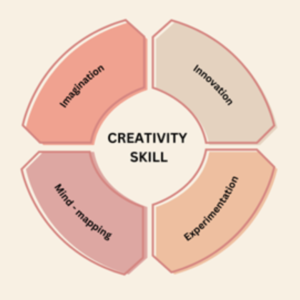
- Time Management
The essence of time management in corporate culture is immense. Time management involves the ability to use your time wisely to work as efficiently as possible. Besides, every time you perform a task on time, you enhance your growth chances. It would not be wrong to say that time management is one of the ladders to success.
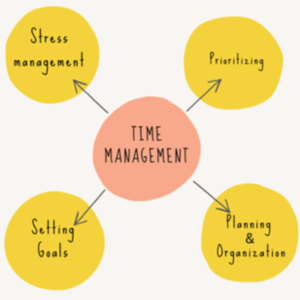
- Leadership
Effective leadership means getting the best out of the people around you and bringing diverse skills and personalities together in pursuit of a common goal. Employers prefer to hire applicants who show they have leadership potential for 2 reasons:
1. Employees with leadership skills show more initiative and are more likely to invest themselves in helping the company grow.
2. The company can eventually promote employees with strong leadership roles to better management positions.
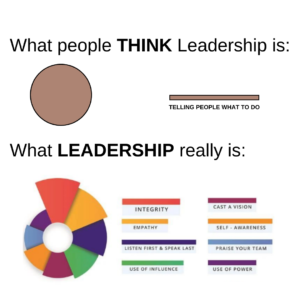
- Work Ethics
Workplace ethics are an incredibly important part of forming a successful organization with satisfied and loyal team members. Work ethic relates to valuing work and putting in the effort to yield results. It’s a soft skill that employers in literally every job you’ll ever apply for will appreciate.
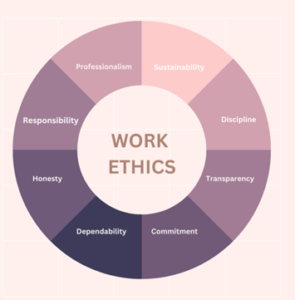
- Digital literacy
Being digital Literate means knowing how to use technology to create, find, use in a productive manner to communicate. Employers are looking for people who can pick up any digital tool quickly like a new task. With digital literacy skills, you’re telling an employer it doesn’t matter if you’ve used a specific tool before because you can learn quickly.
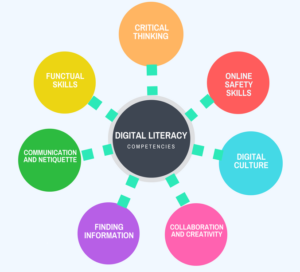
Conclusion:
Soft skills are universally needed in today’s workforce for any job profile. Learn to cultivate yours and display them for employers to see – and you’ll keep yourself ahead of the pack. Think of your soft skills as accessories to your hard, job-related skills. They alone cannot qualify you for a job, but when paired with solid credentials they can make you a much more attractive candidate. Soft skills help you to strive for excellence in your workplace, as they help you to work more effectively and efficiently, thus, yielding excellent results. These skills are a prerequisite for building a healthy productive environment. These skills not only boost your personality but also accelerate your career development process.

